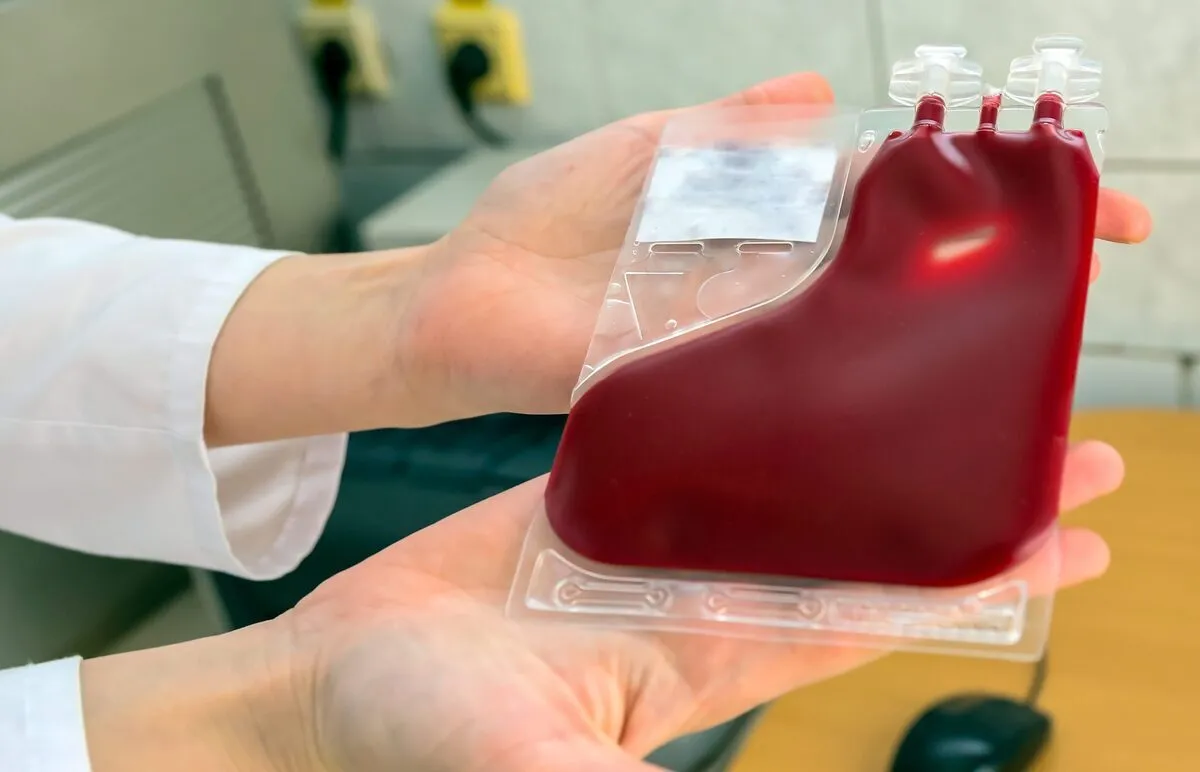Official: Iran Using Cell Therapy to Treat Diseases Other than Blood Disorders

“Cell therapy will be of great help in the treatment of diseases other than blood disorders in the next few years. Stem cells enjoy the potential to treat over 80 blood and other diseases, and any patient who has lost cells can use stem cells,” Morteza Zarrabi said.
He also announced the start of the clinical trial plan of stem cells for the treatment of cerebral palsy and autism in 150 children in Iran.
Zarrabi also announced that a maternity products refinery has been inaugurated in Iran, and said, “After the birth of a baby, five maternity components, including cord blood, umbilical cord tissue, fetal membranes, fetal fluid and placenta are removed from the uterus and thrown away, but today it is clear that any of these birth supplements, if processed, can be used in the field of medicine.”
He stated that over 20 products are extracted from maternity appendages.
Director of research department at Royan Institute for Stem Cell Technology announced in June that all Iranians can benefit from the technology to save umbilical cord blood for later possible use.
“All citizens have the possibility to use cord blood storage and they can help maintain the health of their family members by doing so,” Masoumeh Nouri said on the sidelines of a training meeting of technical experts of the cord blood bank of the company.
She underlined the importance of cord blood storage, noting, “Cord blood storage is more important for those people whose relatives have various chronic non-communicable blood diseases and immunodeficiency.”
Nouri stressed that medical science will move from drug therapy to cell therapy in the future which shows the importance of Royan's measures, adding, “Cord blood storage bank is a service which has been provided in pace with advanced countries and with the help of Iranian experts.”
She stated that Royan Institute for Stem Cell Technology has been active in Iran for over 15 years, adding, “In this period, as the first and largest blood bank in the Middle East, more than 180,000 cord blood samples have been stored.”
4155/v





















